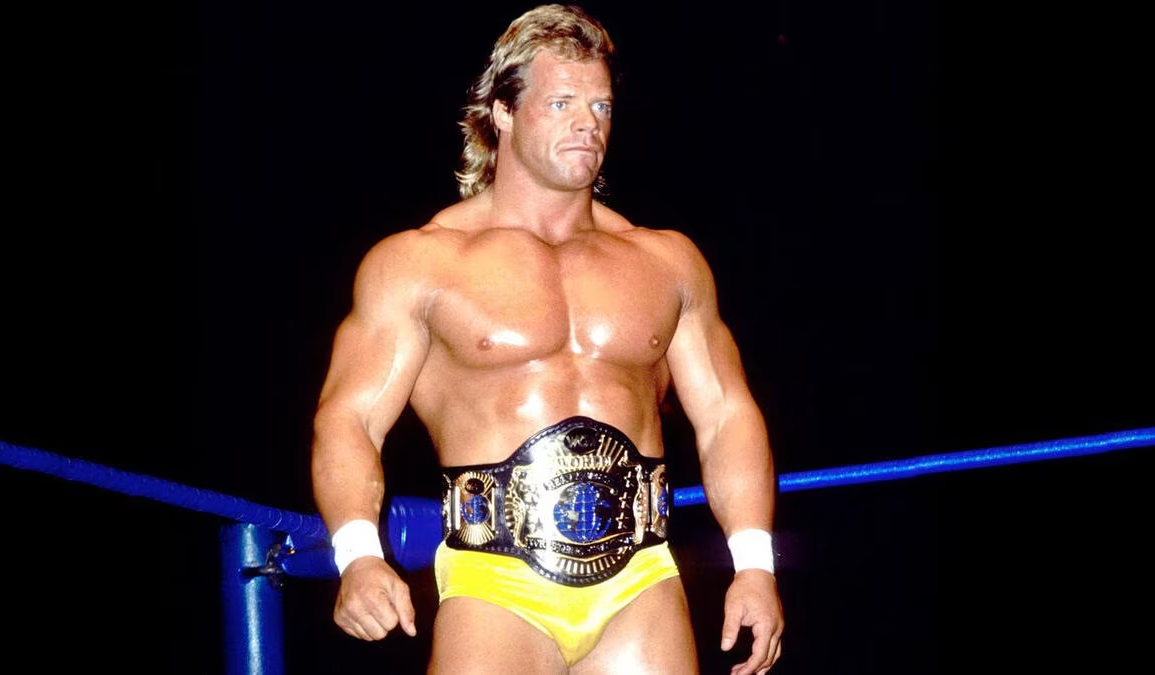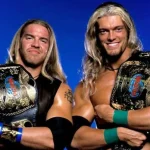WWE has a long history of creating larger-than-life superstars, but not every rise to the top goes as planned. Sometimes, wrestlers are pushed to the main event scene before they’ve truly connected with fans or refined their in-ring skills. While fast-tracking talent can generate immediate excitement, it can also backfire, leaving some performers struggling to maintain momentum or connect with audiences on a deeper level. The world of professional wrestling thrives on timing, and when that timing is off, even talented individuals can suffer long-term setbacks. Below are four WWE Superstars who were pushed too quickly, ultimately showing that success in wrestling often needs to be earned step by step.
1. Roman Reigns — The Rejection of the “Chosen One”

Roman Reigns is now one of WWE’s top stars, but his early push was met with widespread resistance. After The Shield broke up, WWE quickly positioned Reigns as the next face of the company. He won the 2015 Royal Rumble, but instead of cheers, he was met with loud boos — even though he was a babyface. Fans felt that Reigns hadn’t yet developed the mic skills or connection needed to lead the company. Despite his clear talent and presence, the audience saw his push as forced, which damaged his character for years. Only after embracing a heel persona as the “Tribal Chief” did Reigns finally resonate with fans in a way WWE originally intended. His story is a perfect example of why organic growth matters.
2. Ryback — From Dominance to Decline
When Ryback debuted, he was a powerhouse who demolished opponents in squash matches. His rapid ascent saw him challenging CM Punk for the WWE Championship within months of his arrival. Although fans initially loved his “Feed Me More” catchphrase and dominant style, he wasn’t ready for the main event spotlight. His matches, especially on pay-per-view, exposed his limited move set and lack of experience in longer, competitive bouts. WWE’s attempt to present Ryback as an unstoppable force fell apart when he suffered high-profile losses that ruined his mystique. The rushed push left him unable to recover, and what could have been a lasting career at the top quickly faded.
3. Alberto Del Rio — The Fast Track to the Top

Alberto Del Rio arrived in WWE with a strong look, charisma, and technical skills, but his rise to the main event scene was arguably too fast. After debuting in 2010, he won the 2011 Royal Rumble and went on to headline WrestleMania just months later. Despite his credentials, fans had little time to connect with him, and his character never fully clicked as a top villain. WWE seemed determined to make him a star regardless of crowd reaction, leading to a title reign that felt unearned. Without a solid fan base or compelling storytelling, Del Rio’s momentum stalled, and his career in WWE never reached the heights it could have if handled with more patience.
4. Lex Luger — The Failed “All-American” Hero Push
Lex Luger’s push in the early 1990s is one of WWE’s most famous missteps. After Hulk Hogan left, WWE needed a new patriotic hero and positioned Luger as that figure, transforming him from “The Narcissist” into an American icon. They even staged a massive “body slam challenge” on the USS Intrepid to build his credibility. However, fans never fully embraced Luger in that role. WWE rushed him into a SummerSlam main event against Yokozuna, expecting him to become the next Hogan overnight. When Luger won the match but not the title, it confused fans and killed much of his momentum. His forced push showed that not every superstar can fill a predecessor’s shoes, especially without natural fan support.
By examining these careers, it’s clear that timing, connection with the audience, and gradual development are crucial for long-term success in WWE. Pushing a superstar too quickly can harm both the performer and the product, proving that sometimes, slow and steady really does win the race.


